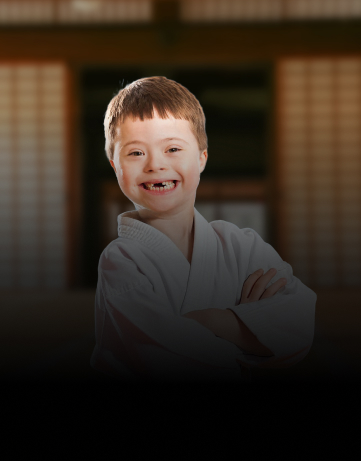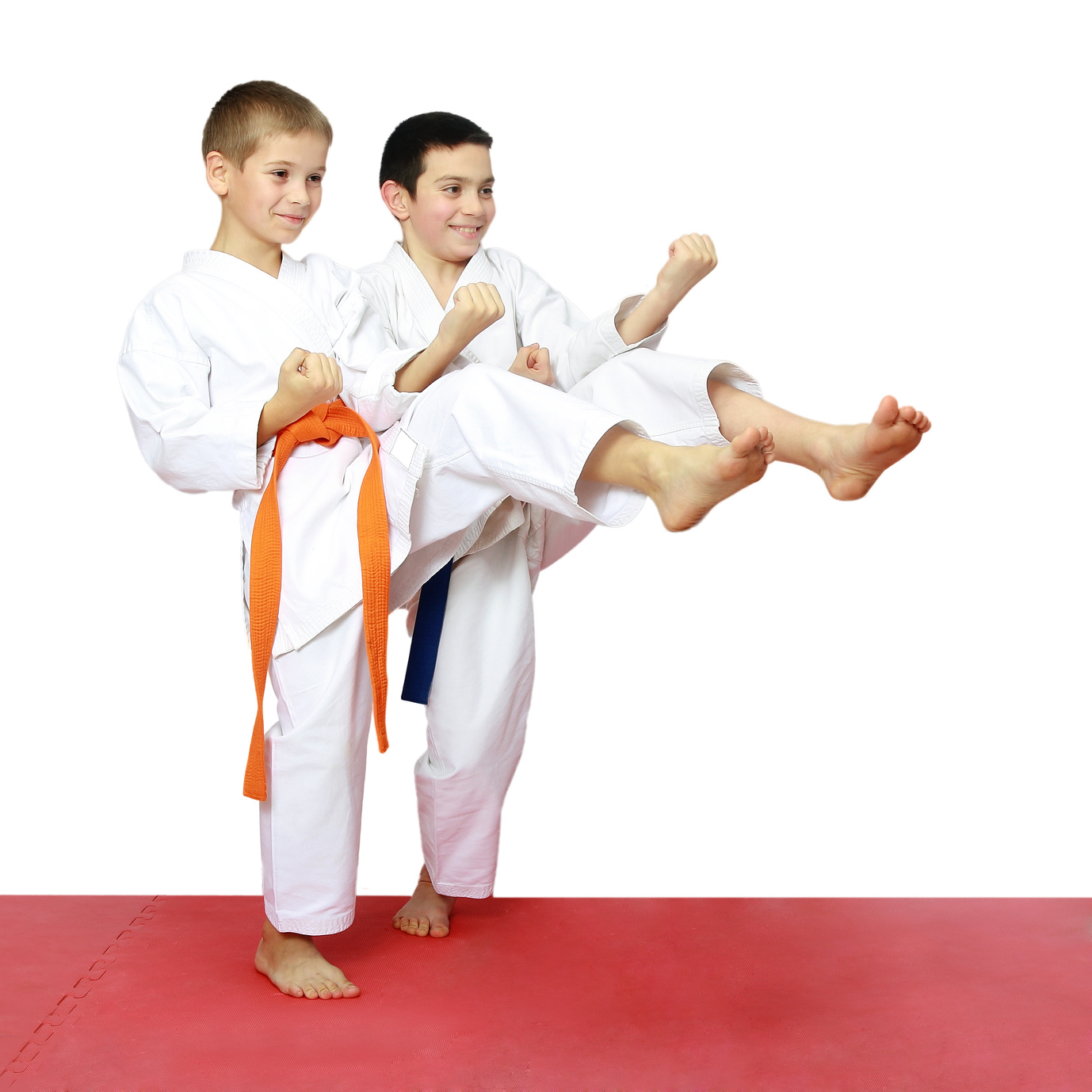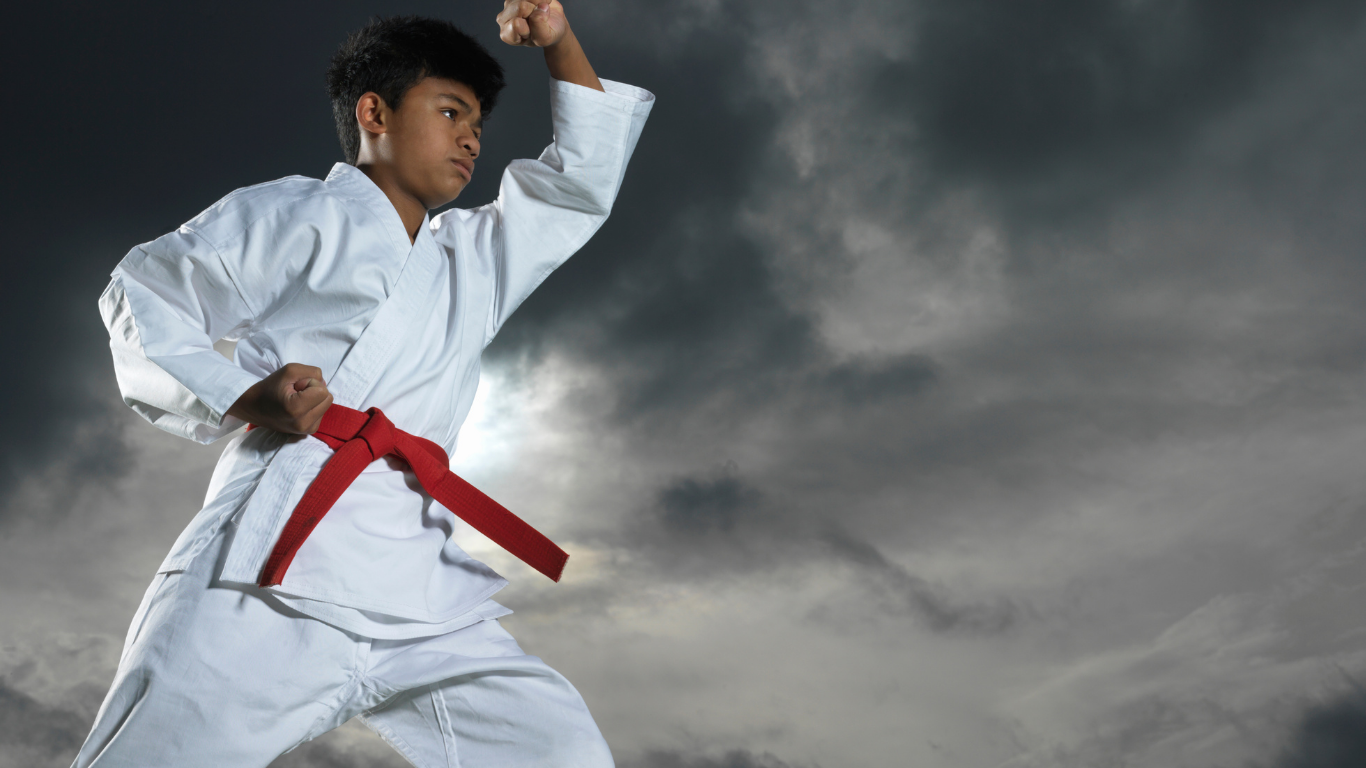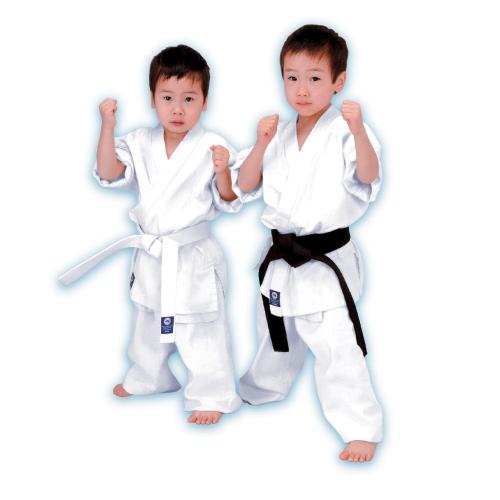Martial Arts for Kids – More Than Just Martial Forms, It’s Life Skills
Exactly How Martial Arts for Children Can Boost Confidence and Self-control in Young Martial Artists
Karate for children provides an one-of-a-kind opportunity to develop self-confidence and technique in young martial musicians. As they learn new methods and face challenges, they not only acquire skills but additionally establish a strong sense of self-respect. This structured atmosphere motivates them to appreciate the trip of improvement. But how does this training convert right into their daily lives? Discover the deeper connections that make karate more than just a sport.
The Value of Self-confidence in Youth Development
Confidence is an important structure block in youth advancement. When you support your kid's self-esteem, you empower them to face obstacles, take threats, and reveal themselves easily. Kids with self-confidence are a lot more willing to discover new tasks and social situations, which can lead to long-term relationships and beneficial experiences.Encouraging your youngster to tip out of their convenience area cultivates resilience. They learn that failing isn't the end but rather a stepping rock to success. By commemorating their accomplishments, no issue how tiny, you aid them identify their abilities and worth.In this trip, assistance and favorable support from you play an essential duty. Whether it's with appreciation or just existing, your involvement boosts their confidence. As they expand, this self-assurance ends up being a lifelong property, equipping them to browse both difficulties and opportunities with a strong feeling of self.
Just How Karate Teaches Technique and Focus
Karate assists you develop self-control and focus via its structured training program. As you exercise mindfulness throughout each session, you'll learn to focus far better both on and off the floor covering. Plus, establishing and attaining objectives in karate strengthens your ability to remain mindful and committed.
Structured Training Routine
While you participate in karate training, you'll promptly uncover just how a structured program imparts discipline and focus in young professionals. Each class complies with a certain style, including workouts, technique practice, and sparring. This uniformity teaches you to devote and respect the process to renovation. As you discover methods and kinds, you establish a feeling of obligation for your own progress.The structured atmosphere motivates you to establish objectives, whether mastering a new belt or developing a kata. You'll find that remaining concentrated throughout drills and classes sharpens your focus. The technique you grow in karate expands beyond the dojo, positively influencing your schoolwork and daily regimens. Each session enhances the significance of devotion, helping you become an extra disciplined individual.
Mindfulness in Method
As you exercise karate, you'll discover that mindfulness ends up being a vital part of your training. Each step needs your complete focus, assisting you remain concentrated on the existing minute. You'll learn to tune out interruptions and focus on your breathing, motions, and objectives. This enhanced recognition sharpens your reflexes and enhances your discipline.During sparring or forms, you'll discover the value of being mentally present - Karate Salisbury MD. You'll discover exactly how this focus not only improves your technique but also builds your confidence. By practicing mindfulness in martial arts, you grow perseverance and strength, crucial attributes that prolong beyond the dojo. By doing this, karate teaches you to harness your mind, helping you create a self-displined technique to challenges both on and off the mat

Objective Setting Techniques
Establishing goals in martial arts isn't nearly earning belts; it's an effective method to grow self-control and emphasis. When you set particular, achievable targets, you produce a roadmap for your progress. For example, instead of just intending to improve your kicks, attempt concentrating on grasping a particular method every month. This method keeps you determined and engaged.Breaking down larger objectives right into smaller, manageable actions aids you track your progress and celebrate little victories in the process. Whether it's perfecting your stance or boosting your sparring endurance, every objective reinforces your commitment. As you achieve these objectives, you'll build confidence in your skills and establish a solid feeling of discipline that prolongs past the dojo right into everyday life.
Building Durability With Martial Arts
Fighting style, particularly karate, provides youngsters a special opportunity to build resilience in a helpful atmosphere. In classes, they deal with difficulties that press their limits, whether it's grasping a brand-new strategy or competing with a companion. Each obstacle, like a missed out on kick or a shed suit, ends up being a possibility to discover and grow.As they practice, kids learn to embrace discomfort and maintain attempting, also when points get difficult. They uncover that failure isn't completion; it belongs to the trip. This mindset aids them jump back more powerful, not just in the dojo, but in day-to-day life.With each obstacle they get over, your youngster develops confidence in their ability to take on challenges, fueling their resolution. Through martial arts, they'll comprehend that durability isn't almost physical stamina; it's regarding mental grit and willpower, equipping them to face whatever life throws their means.
The Function of Respect in Martial Arts Training
Respect is a fundamental concept in karate training, cultivating a culture of technique and friendship among pupils. When you step onto the dojo flooring, you're not just learning techniques; you're also discovering to appreciate your instructors, peers, and the art itself (Karate Salisbury MD). Bowing at the start and end of class isn't simply a rule; it signifies your recommendation of others' dedication.as and initiatives you establish mutual regard, you'll find it enhances your knowing experience. You'll pay attention much more diligently to your instructor and gain understandings from fellow students. This atmosphere encourages useful criticism and support, permitting everybody to expand together.Moreover, respect cultivates self-control. Recognizing the worth of effort and humility assists you remain focused on your training. In turn, this regard converts into your daily life, boosting your interactions and partnerships outside the dojo. Through karate, you find out that regard is vital for individual growth and community building
Accomplishing and establishing objectives Success in Martial arts

Social Abilities and Synergy in the Dojo
While training in the dojo, youngsters naturally develop vital social skills and teamwork capacities. As they exercise together with peers, they learn to communicate effectively, share room, and assistance one another. Each course offers chances for partnership, whether it's during companion drills or group exercises. This synergy promotes friendships and develops a feeling of belonging, making the dojo a nurturing environment.Kids also gain beneficial dispute resolution skills. When they run into difficulties, such as disputes throughout sparring, they discover to navigate these scenarios constructively. They practice perseverance and empathy, recognizing that everybody has different toughness and weaknesses.Moreover, joining team activities grows a sense of liability. You'll see your kid learning to rely upon colleagues and take responsibility for their duty in a group. These experiences not just enhance their fighting styles journey however also furnish them with social devices they'll bring right into other locations of life.

The Long-Term Advantages of Martial Arts Beyond Childhood
As children grow up and change right into the adult years, the advantages of martial arts extend much beyond the dojo. You'll find that the technique and focus discovered via karate can see here now convert right into your professional and scholastic life. Setting and attaining goals in martial arts fosters a solid job values, which can push you to master any kind of endeavor.Moreover, the self-confidence gained from competing and understanding strategies can enhance your self-esteem, helping you deal with difficulties head-on. This durability ends up being very useful as you face the uncertainties of adulthood.Additionally, the social skills developed through teamwork and camaraderie in the dojo can result in better connections in both professional and personal spheres. You'll learn to connect effectively, resolve problems, and construct an encouraging network.Ultimately, karate forms not simply knowledgeable martial musicians, however all-round individuals ready to take on the world.
Regularly Asked Inquiries
What Age Is Finest to Begin Karate for Children?
You can begin martial arts as early as age four or five, but it frequently depends on your youngster's maturation and rate of interest. Finding a course that matches their age and energy level makes a large distinction.
Are There Any Kind Of Wellness Perks From Practicing Martial Arts?
Yes, exercising karate offers numerous wellness benefits. You'll improve your control, stamina, and adaptability while improving cardiovascular health and fitness. Plus, it boosts focus and psychological wellness, read more making it a great selection for general physical and psychological health and wellness.
Just How Commonly Should Kids Go To Karate Courses?
You should motivate your kids to go to karate courses a minimum of a couple of times a week. Consistency aids them nba west standings learn methods properly and establish abilities, making their experience more satisfying and delightful in the future.
Can Karate Assist With Taking Care Of Anxiety in Kid?
Yes, martial arts can help handle anxiousness in children. It shows emphasis and self-control while supplying a secure outlet for energy. You'll discover your youngster expanding more tranquil and certain as they exercise frequently.
What Equipment Is Required for Children Beginning Karate?
